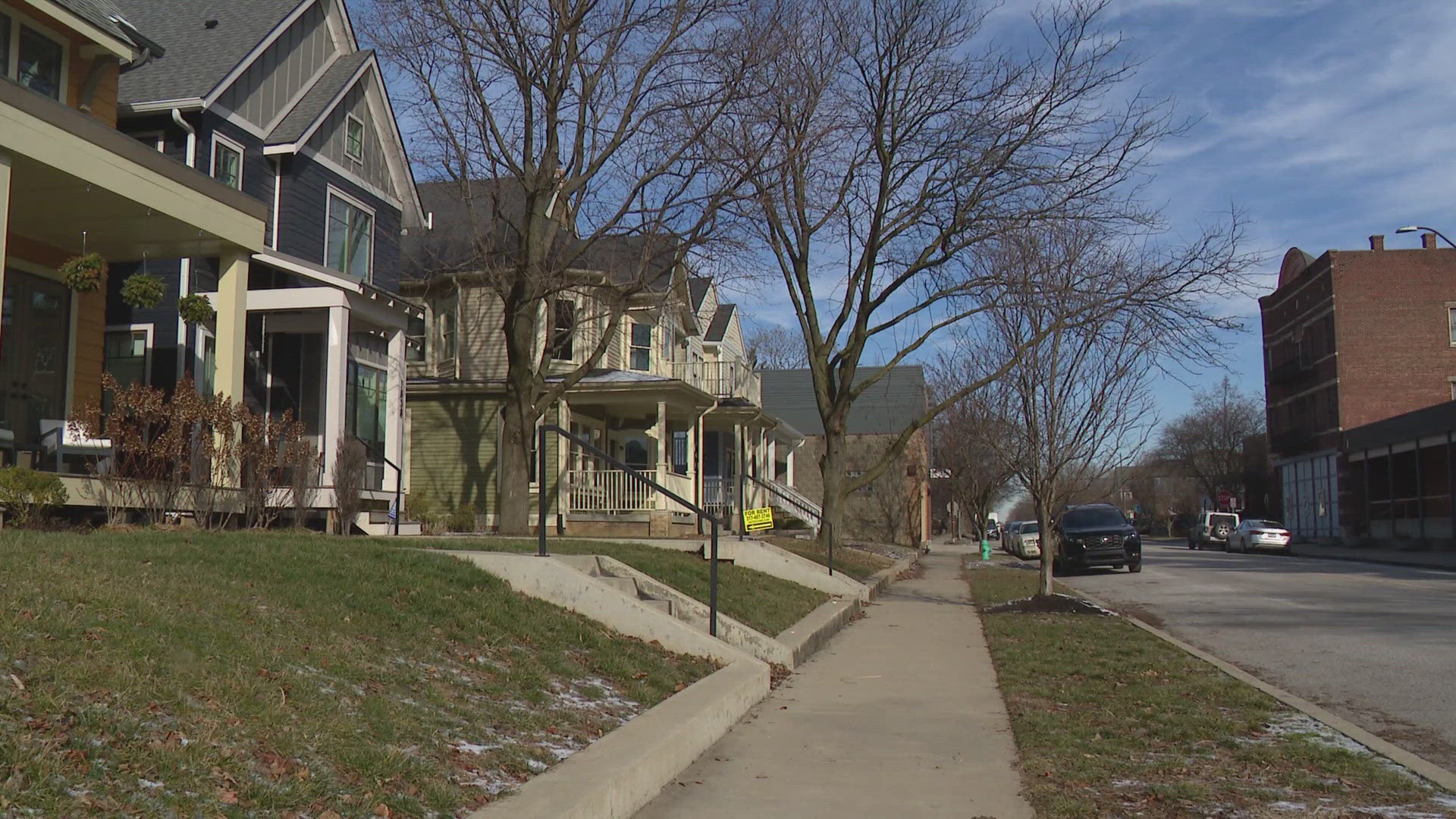INDIANAPOLIS — The Indiana Senate has endorsed a bill allowing administrative steps sought by Gov. Eric Holcomb that could result in the nearly two-year-old statewide COVID-19 public health emergency declaration ending later this week.
Senators voted 32-18 on Tuesday in favor of the proposal that doesn't include provisions pushed by Republican House members that would force businesses to give requested religious exemptions from COVID-19 vaccine requirements "without further inquiry."
Holcomb and Senate GOP leaders have sided with major business groups opposing the broad limitations backed by House members as wrongly interfering in business decisions.
The Senate version would require businesses to grant medical vaccine exemptions to workers along with religious exemptions as required by federal law and mandate that employers accept as a vaccine exemption a worker's medical test results showing some level of "natural immunity" through a previous infection. Employees could be required to undergo COVID-19 tests up to twice a week.
The actions sought by Holcomb would allow the state to keep receiving enhanced federal funding for Medicaid and food assistance programs.
However, according to Emily Bryant of Feeding Indiana's Hungry, the bill continues to make SNAP emergency allotments expire on April 16, 2022. Bryant said she advocated for the bill's language to change so that instead of expiring in April, it would expire when federal benefits are no longer available.
She said the April expiration date will mean Hoosiers will miss out on about $200 million over the additional four months she estimates SNAP EA will be available.
Still, the bill does say the Family and Social Services Administration (FSSA) will be able to issue an emergency declaration that will allow the state to participate in federal SNAP benefits. It's unclear, however, if the FSSA intends to do that.
John Elliott, President/CEO of Gleaners Food Bank of Indiana, issued a statement immediately after the Senate approving House Bill 1001, where he said that this "could not have come at a worse time."
"The Senate passage today of HB 1001 with a devastating provision to end SNAP Emergency Allotments at the end of the current health emergency on April 16, 2022 could not have come at a worse time for our neighbors facing food insecurity. The passage of this bill comes at a time when lines are growing longer due to higher food, fuel and other consumer prices.
Inflation also affects Gleaners as we are still coping with longer food lines, disrupted supply chain, higher food and operating costs, difficulty hiring employees, and a significant shortage of volunteers. This decision makes the work of Gleaners and our hundreds of local partners much harder – and the lives of our food-insecure neighbors even more challenging. In addition, SNAP sales are critical to food retailers, and can sometimes be the difference between a store closing and creating a food desert, or remaining open to serve the community."
RELATED: Gov. Holcomb willing to lift COVID-19 public health emergency if lawmakers agree to 3 things
The House and Senate must still agree on a single version of the proposal before it could go to Holcomb for his consideration.
Republican House Speaker Todd Huston, however, said last week that "you can count on it" when asked whether lawmakers would approve a bill addressing the emergency declaration before the current order's Friday expiration.



